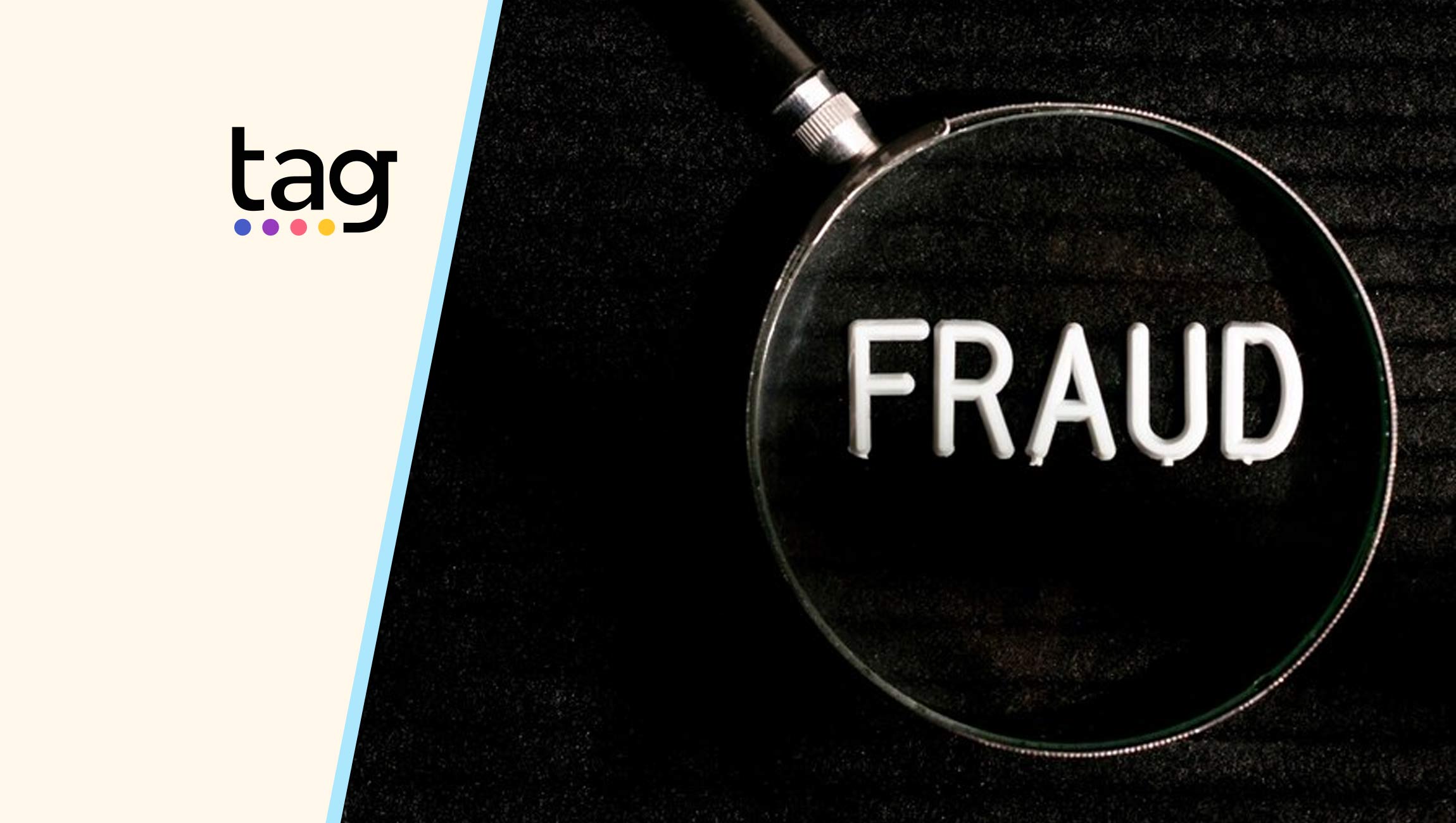TAG Study Conducted with 4A’s, ANA, and IAB Finds 92% Reduction in IVT-Related Losses in U.S. Last Year Because of Industry’s Anti-Fraud Actions
The digital advertising industry’s concerted and collaborative anti-fraud efforts have dramatically reduced losses due to Invalid Traffic (IVT), saving advertisers an estimated $10.8 billion in U.S. display and video ad channels in 2023 — a 92% reduction over the losses that would have occurred without those industry standards in place.
Conducted by TAG in partnership with the 4A’s (American Association of Advertising Agencies), Association of National Advertisers (ANA) and Interactive Advertising Bureau (IAB), the 2024 US Ad Fraud Savings Report highlighted the significant and measurable impact of the industry’s anti-fraud initiatives.
Marketing Technology News: Ciphered Launches as the Ultimate Encrypted, On-Chain Telegram Alternative Amid Growing Privacy Concerns
Key findings of the report included:
- 2023 IVT Losses Would Have Been $11.78 Billion Without Anti-Fraud Standards
Without industry anti-fraud programs in place, the IVT rate for all display and video advertising in the US would have been approximately $11.78 billion in 2023, based on a blended IVT rate of 9.96% for unfiltered inventory across four MRC-accredited vendors. - Broad Adoption of Anti-Fraud Standards Reduced 2023 IVT Losses by 92% in 2023
The implementation of broad anti-fraud standards held US IVT losses to just $979 million in 2023, a 92% reduction over estimated losses without those standards in place. - Ad Industry Saved $10.8 Billion Due to Anti-Fraud Programs in 2023
The difference between the potential US IVT losses ($11.78 billion) and actual losses ($979 million) resulted in an estimated $10.8 billion in savings in 2023. - More Than 90% of US Ad Spend Flowed Through Channels With Standards
The vast majority of US digital ad spend for video and display advertising in 2023 flowed through companies that had earned TAG’s Certified Against Fraud Seal, which recognizes compliance with multiple industry anti-fraud standards.
Ad fraud was historically a persistent and intractable issue in digital advertising, with a 2015 study by the IAB and Ernst & Young finding that $4.6 billion was lost to ad fraud in the U.S. during the prior year. Another analysis in the 2018/2019 Bot Baseline study from the ANA and White Ops projected the cost of ad fraud in 2019 to be $5.8 billion globally.
To turn the tide on ad fraud, the ad industry’s leading organizations launched a multi-pronged strategy around elements including:
- The development and implementation of the “Invalid Traffic (IVT) Detection and Filtration Guidelines” by the Media Rating Council (MRC),
- The launch and expansion throughout the industry of the TAG Certified Against Fraud Program by the 4A’s, ANA, and IAB; and
- The dissemination of innovative tools and standards such as Ads.txt and Sellers.json by IAB Tech Lab.
Those programs secured the support of hundreds of companies across the digital advertising supply chain who participated in committees and councils inside the ANA and 4A’s; engaged in the standards programs from the MRC, IAB Tech Lab, and TAG; and adopted the TAG Certified Against Fraud Seal. Thanks to those efforts, multiple studies have shown that IVT rates have now been reduced to less than 1% worldwide in TAG Certified Channels (TCCs), where at least three companies have adopted TAG’s anti-fraud standards.
Marketing Technology News: MarTech Interview with David Rabin, CMO @ Lenovo SSG
Reactions from Industry Leaders:
Mike Zaneis, CEO, TAG:
“Over the last decade, industry anti-fraud efforts have succeeded in reducing IVT rates to a low, predictable, and manageable level, but until now, we haven’t known exactly how valuable those programs have been. By working together to fight fraud, the digital advertising industry successfully saved more than $10 billion in 2023 alone, taking money from the criminals who used to prey on our supply chain and reinvesting it in innovative and impactful advertising strategies. Despite that success, we must continue to remain unified and vigilant in this effort to ensure we remain ahead of the bad guys.”
David Cohen, CEO, IAB:
“Since the inception of digital advertising, eliminating ad fraud has been a top priority. We have made a lot of collective progress, and this study quantifies the progress accomplished through industry standards and collaboration.The tools and frameworks developed by IAB Tech Lab and codified as part of TAG’s certification programs are the foundation of our industry’s anti-fraud success, and these results show that our collective efforts are paying off. Of course, there is always more to do, and industry adoption of IAB Tech Lab standards including ads.cert and Supply Chain Object would go a long way towards further securing the digital supply chain from fraud.”
Marla Kaplowitz, President & CEO, 4A’s:
“Protecting clients’ investments is a top priority for agencies, and the 4A’s is committed to continued efforts to reduce all forms of fraud in advertising. While the industry has come a long way, fraudulent activities continue and evolve to take on new forms. It requires the ongoing diligence of groups like TAG to identify and minimize fraud in the advertising ecosystem.”
Bob Liodice, CEO, ANA:
“Real savings mean real results, and this report demonstrates the impact of our industry’s anti-fraud programs in redirecting billions of wasted dollars from criminals and fraudsters to effective and productive ad campaigns. Thanks to those efforts, a far greater marketing investment now goes to its intended purpose of building our members’ businesses.”











